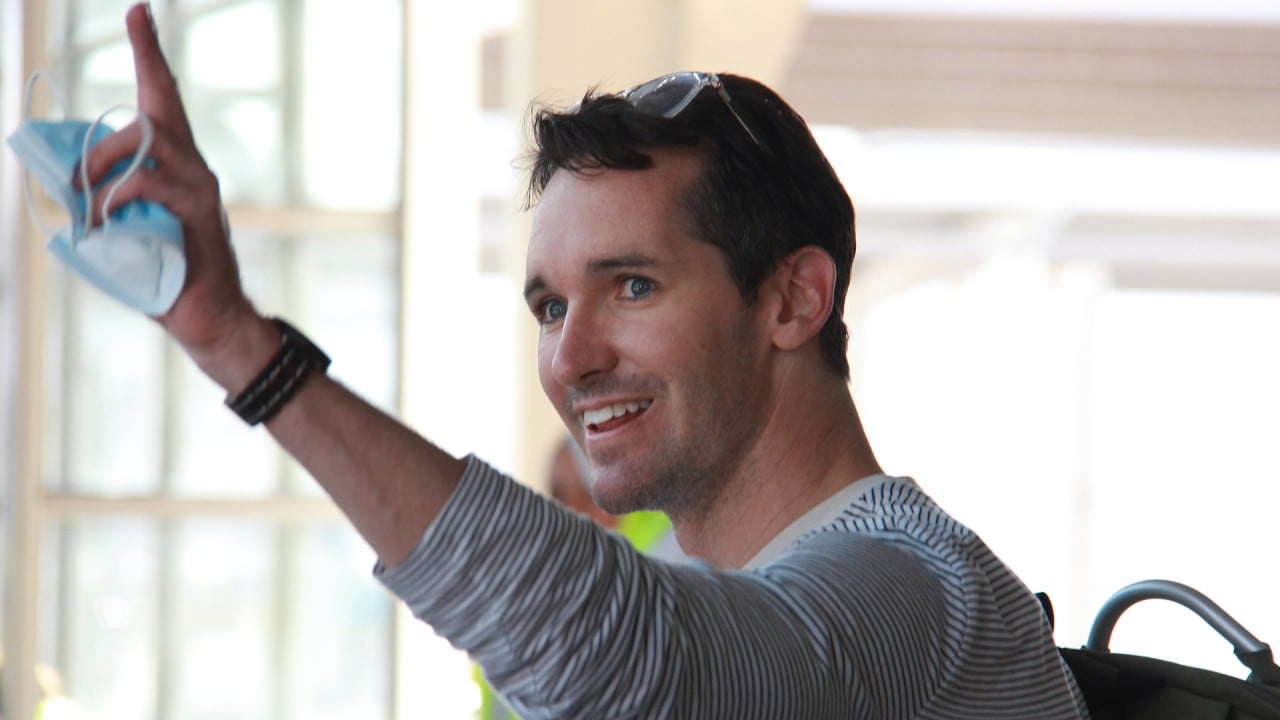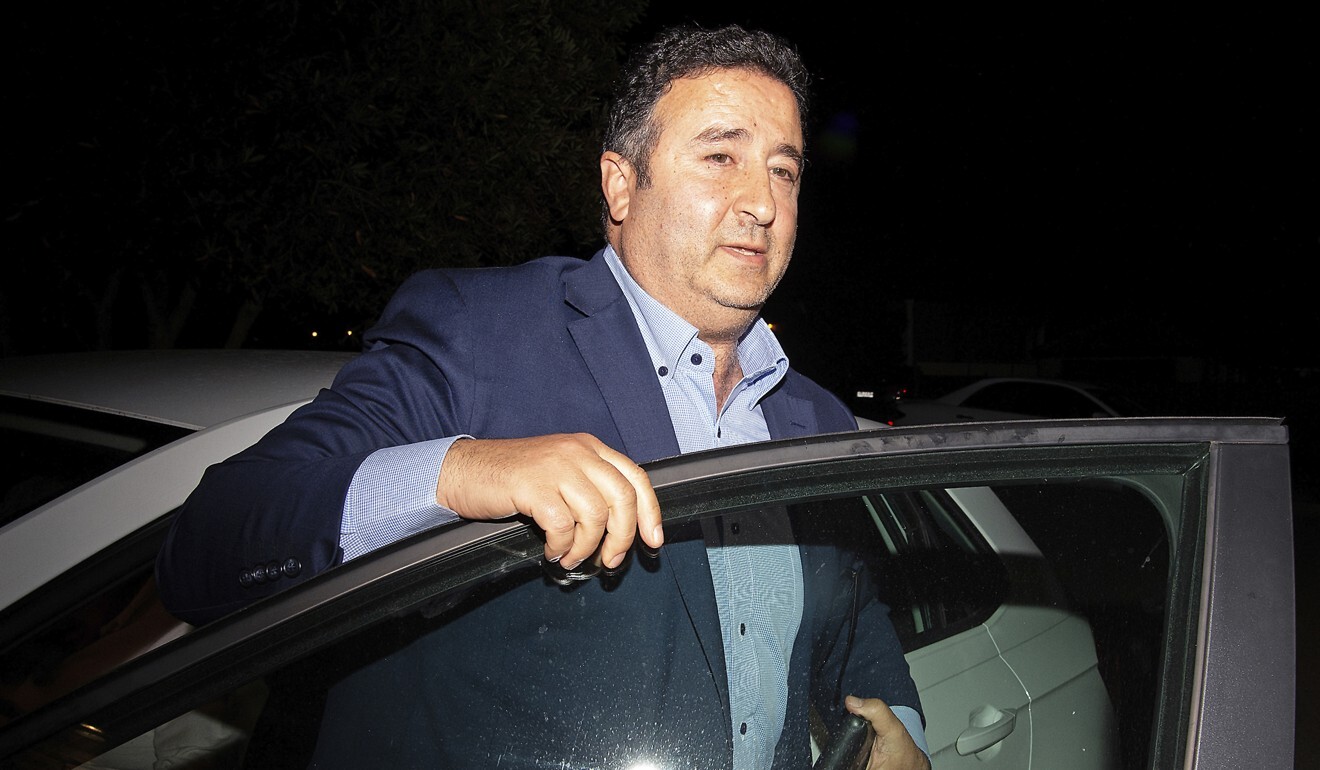
Ethnic Chinese community leader is first charged under Australia’s foreign interference law
- 65-year-old Duong Di Sanh was charged by the Australian Federal Police with preparing to carry out a ‘foreign interference offence’
- He was charged after a year-long joint investigation into his alleged relationship with an unspecified foreign intelligence agency
Duong Di Sanh was charged by the Australian Federal Police (AFP) on Thursday with preparing to carry out a “foreign interference offence”, the first case of its kind since Canberra’s passage of sweeping legislation against covert interference in 2018. The law criminalises actions that are intended to interfere with democratic processes or provide intelligence to overseas governments.
Duong, an ethnic Chinese from Vietnam who immigrated to Australia in the 1970s, is known to have been active with the United Front network on his own accord for a number of years, local community sources said, adding that there was no “formal” United Front representation in Australia.
Those who know Duong in Melbourne described him as someone who liked to keep a low profile but had a connection with the Australian Liberal Party.
Mark Wang, chief executive of the Museum of Chinese Australian History, was surprised to learn the news, but said neither he nor the museum had any knowledge of Duong’s personal affairs.
“He is an elected volunteer board member and is a good member,” Wang said.

03:39
Australia’s last two accredited journalists in mainland China evacuated as diplomatic ties worsen
Wang said the museum, established in 1985, has long supported the interests of Chinese-Australians and did not conduct any political activities. Its main goal is to promote the activities of Chinese-Australians in Australian society, and to acknowledge the community‘s contributions over the past 200 years.
In June, Duong appeared alongside acting Minister for Citizenship and Multicultural Affairs Alan Tudge at a press conference held to highlight the contributions of multicultural communities toward battling the Covid-19 pandemic.
At the press conference, Duong handed Tudge a cheque for A$37,450 to be used to aid Royal Melbourne Hospital, saying as he did: “We are all settled in Australia the last 40 years. We are living in Aussie for 38 years, even myself, and that‘s why we always care. We care about what’s happening for Australia.”
Duong was charged after a year-long joint investigation by the AFP and Australian Security Intelligence Organisation into his alleged relationship with a “foreign intelligence agency”, a police statement said, without naming the country involved. The charges followed searches in the Melbourne area on October 16, the statement said. It gave no further details about Duong’s activities, and the AFP said investigations were continuing.
Duong is now out on bail and has a hearing next March. His alleged offence carries a maximum punishment of up to 10 years in prison.
“Foreign interference is contrary to Australia’s national interest, it goes to the heart of our democracy,” AFP Deputy Commissioner Ian McCartney said in a statement. “It is corrupting and deceptive, and goes beyond routine diplomatic influence practised by governments.’’
The charges against Duong came amid heightened fears of Chinese meddling in politics and society following a series of controversies involving Chinese political donors and claims of espionage.
In June, authorities raided the offices and homes of New South Wales state MP Shaoquett Moselmane and one of Moselmane’s staff members, John Zhang, as part of an investigation into an alleged plot to influence the lawmaker on behalf of Beijing. Both men have maintained their innocence and neither have been charged.

China’s foreign ministry termed those allegations a “malicious smear and slander” after it emerged that Australian police had named China’s consul general in Sydney, Sun Yantao, in a related warrant based on suspicions he had conspired with Zhang to influence Moselmane.
Beijing has repeatedly denied claims of interference in Australian politics or society.
In the latest clash, China’s nationalist tabloid Global Times on Wednesday confirmed earlier reports that Beijing would from Friday suspend imports of seven categories of Australian exports, including wine and coal.


